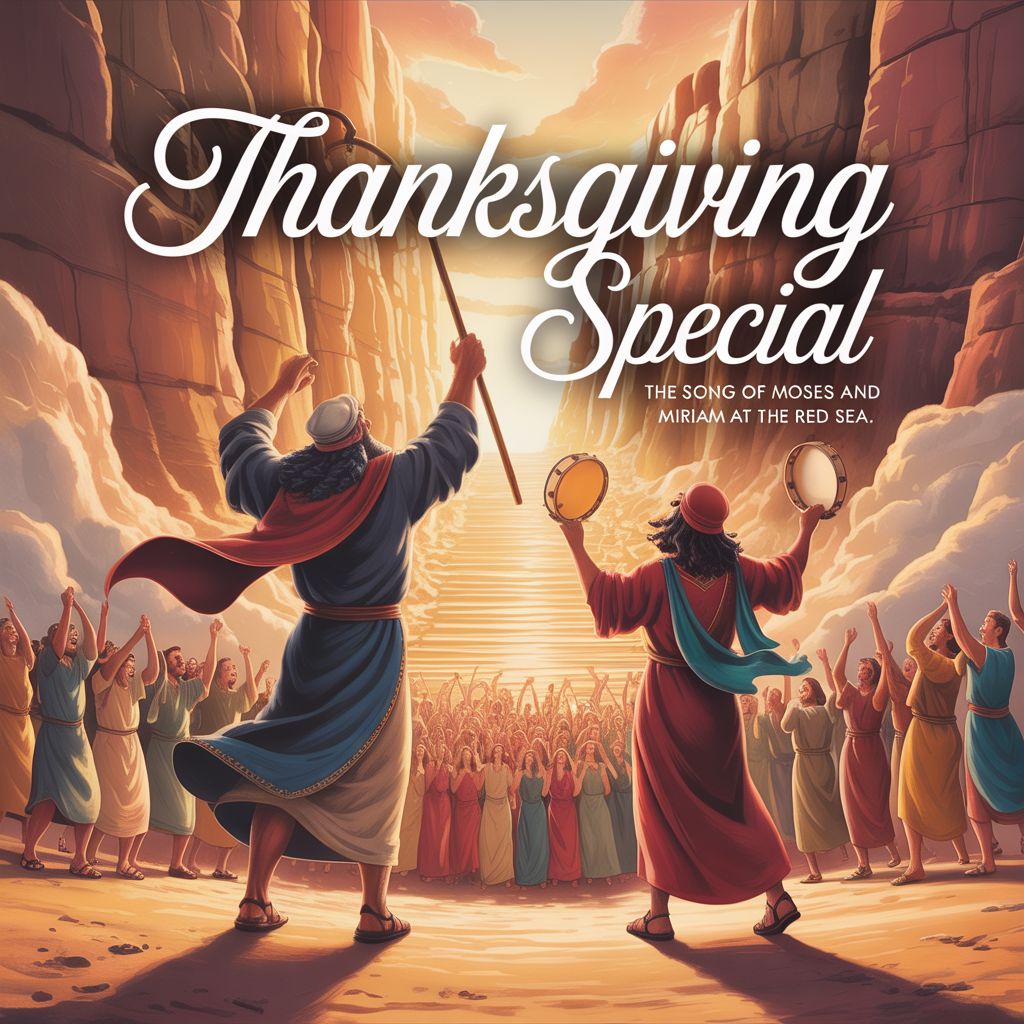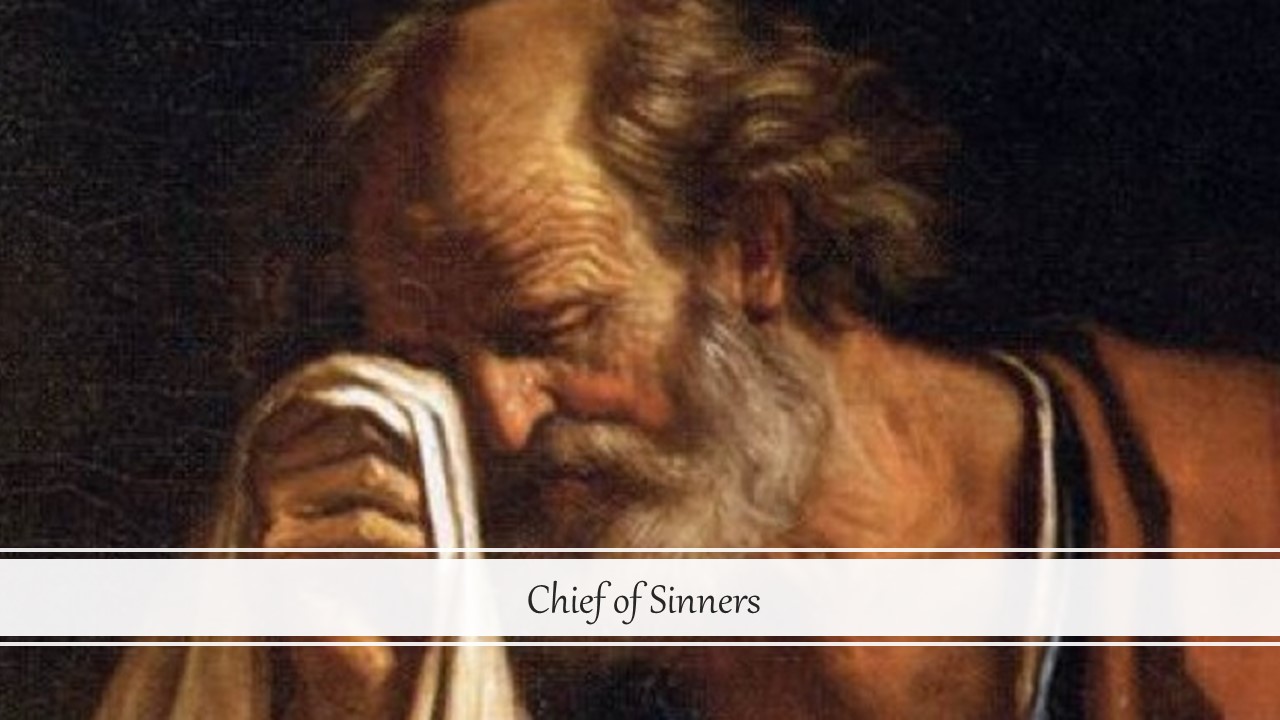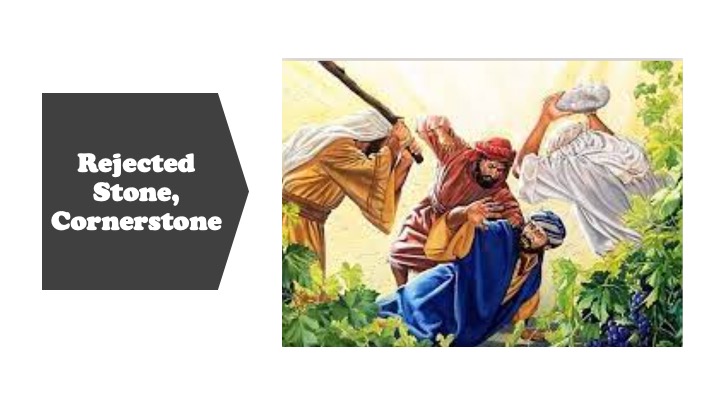Herod's story, shaped by ambition and political intrigue, began with his father Antipater's manipulations. His climb to power involved a complex web of alliances and deals, navigating Roman politics and Jewish resentment. Inheriting his father's cunning and enhancing it with ruthlessness, Herod engaged in power struggles and eventually claimed the Judean crown, supported by Roman might, rather than hereditary right. His reign, marked by a balance of appeasement and brutality, never earned him genuine acceptance from his people. He constructed grandiose buildings but was plagued by paranoia and distrust, leading to tragic decisions like the execution of his wife, Mariamne.
The narrative then shifts to the Zoroastrian faith and its prophecy of the Saoshyant, a savior figure, suggesting a link to the story of the Magi. These Zoroastrian priests, adept in astronomy, interpreted the Star of Bethlehem as the sign of the Messiah's birth. The Magi - Melchior, Caspar, and Balthazar - embarked on a journey following this star, driven by ancient prophecies and celestial signs. Their quest led them to Jerusalem, where they inquired about the newborn King of the Jews, unsettling King Herod and setting in motion a crucial part of the Christmas narrative.

In this special Thanksgiving episode, the 1010 Thrive Podcast opens with a reflection on Jesus’ teaching from the Sermon on the Mount: “Do not...

In 1 Timothy 1:15, the apostle Paul summed up the gospel of God’s grace: “This is a faithful saying and worthy of all acceptance,...

The Parable of the Wicked Tenants is one of Jesus' most piercing allegories, delivered just days before His crucifixion in direct response to the...